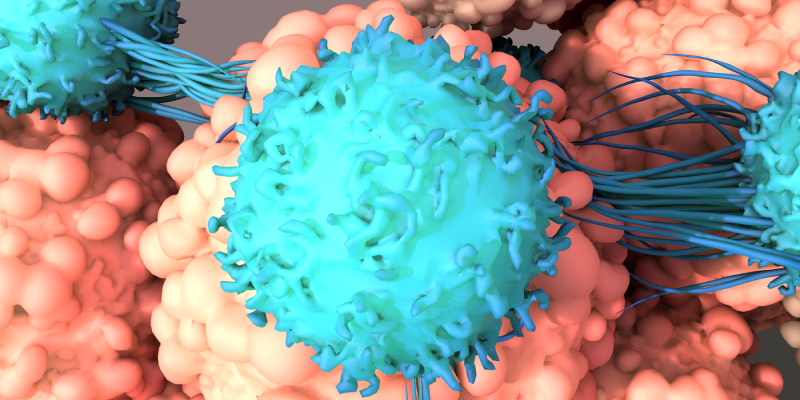
The muscle wasting disorder cachexia could be used as a prognostic marker for survival after chimeric antigen receptor (CAR) T-cell therapy in patients with aggressive B-cell lymphomas, according to a poster presentation at the 2022 American Society of Hematology Annual Meeting.
The study was led by Ishan Roy, of the Shirley Ryan AbilityLab in Chicago, Illinois, and the Department of Physical Medicine and Rehabilitation at Northwestern University.
Cachexia is a muscle wasting disorder present in 50% of cancer patients and 80% of advanced cancer patients and is indirectly responsible for 20% to 30% of cancer-related mortality. The study sought to evaluate whether consensus weight-based classifications of cachexia have an impact on short- and long-term outcomes after anti-CD19 CAR T-cell therapy in aggressive B-cell lymphomas.
The study collected and analyzed demographic and clinical data from adults with relapsed/refractory aggressive B-cell non-Hodgkin lymphoma treated with anti-CD19 CAR-T therapy between 2015 and 2020 from 13 academic centers in the United States. Cachexia (>5% body weight loss [BWL] or 2% BWL with body mass index <20 kg/m2), pre-cachexia (0%-5% BWL), and non-cachexia (no BWL) statuses were defined at apheresis using consensus weight-based criteria.
The results showed that patients with cachexia had a decreased median progression-free survival of 6.7 months compared with 13 months for non-cachexia (hazard ratio [HR], 1.3; 95% CI, 1.0 -1.8; P=.04) and 23.4 months for pre-cachexia (HR, 1.5; 95% CI, 1.0-2.2; P=.03). Additionally, median overall survival (OS) was 16.5 months for patients with cachexia, significantly lower compared to the median OS of 29 months for non-cachexia (HR, 1.7; 95% CI, 1.2-2.2, P=.005).
While the study demonstrated the impact of cachexia on long-term outcomes after anti-CD19 CAR-T therapy in aggressive B-cell lymphomas, no impact on short-term outcomes was identified. In particular, there was no association between cachexia and post-treatment cytokine release syndrome (P=.93), neurotoxicity (immune effector cell-associated neurotoxicity syndrome; P=.20), infection (P=.25), overall response at day 180 (P=.91), complete response rate at day 180 (P=.52), or advancement to post-CAR-T salvage therapy (P=.15).
“As durable remission rates remain close to 40%, improved predictors of survival post-CAR-T treatment for lymphoma are needed,” the authors wrote. “In this multi-site study, our findings suggest that cachexia, defined by weight-based criteria, should be included as a prognostic marker for CAR-T.”
Reference
Roy I, Epperla N, Shouse G, et al. Consensus cachexia criteria are independently linked to progression free and overall survival in multi-site analysis of patients with aggressive B-cell lymphomas treated with CAR T-cell therapy. Abstract #1000. Presented at the 64th ASH Annual Meeting and Exposition; December 10-13, 2022; New Orleans, Louisiana.


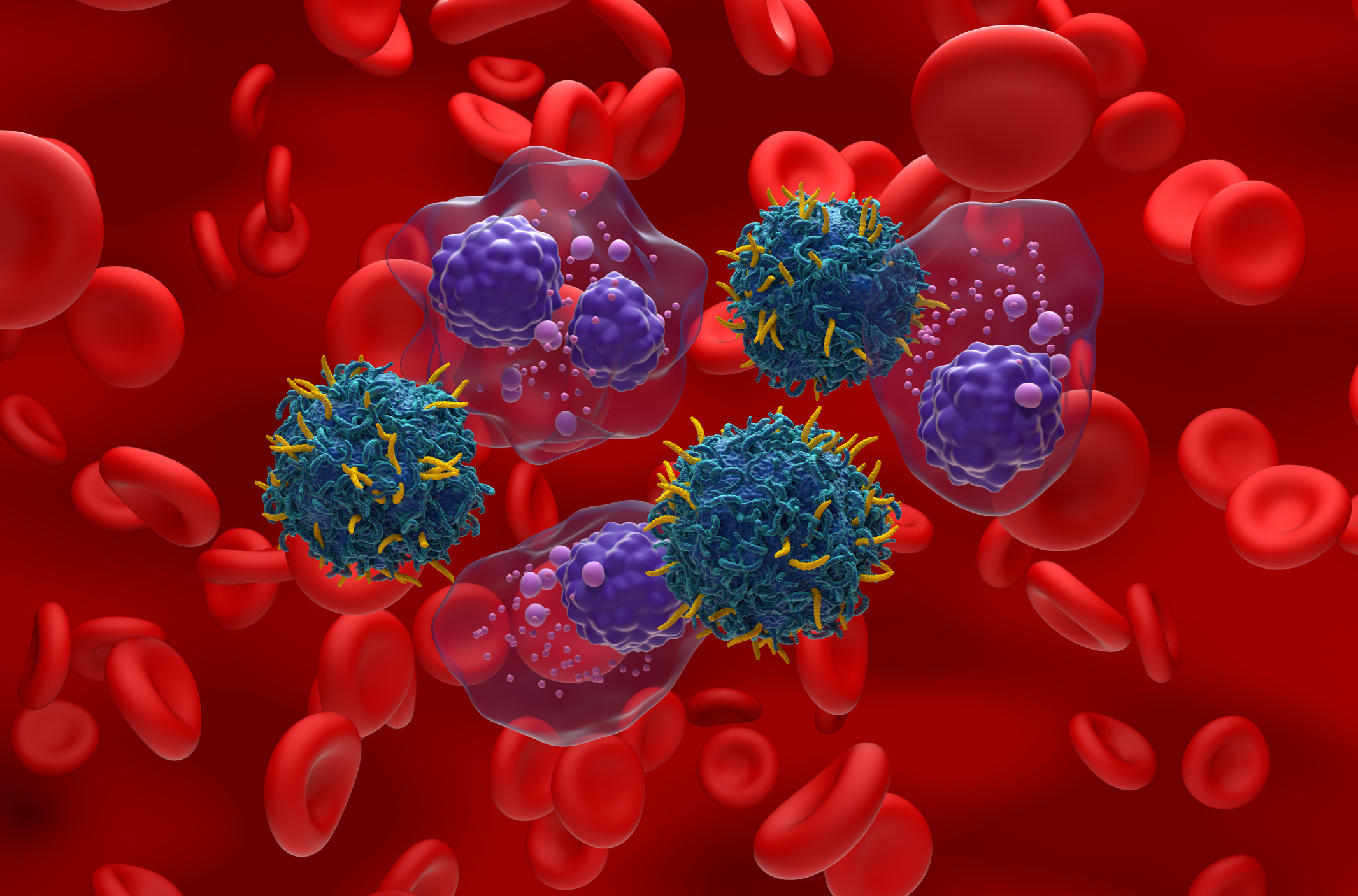
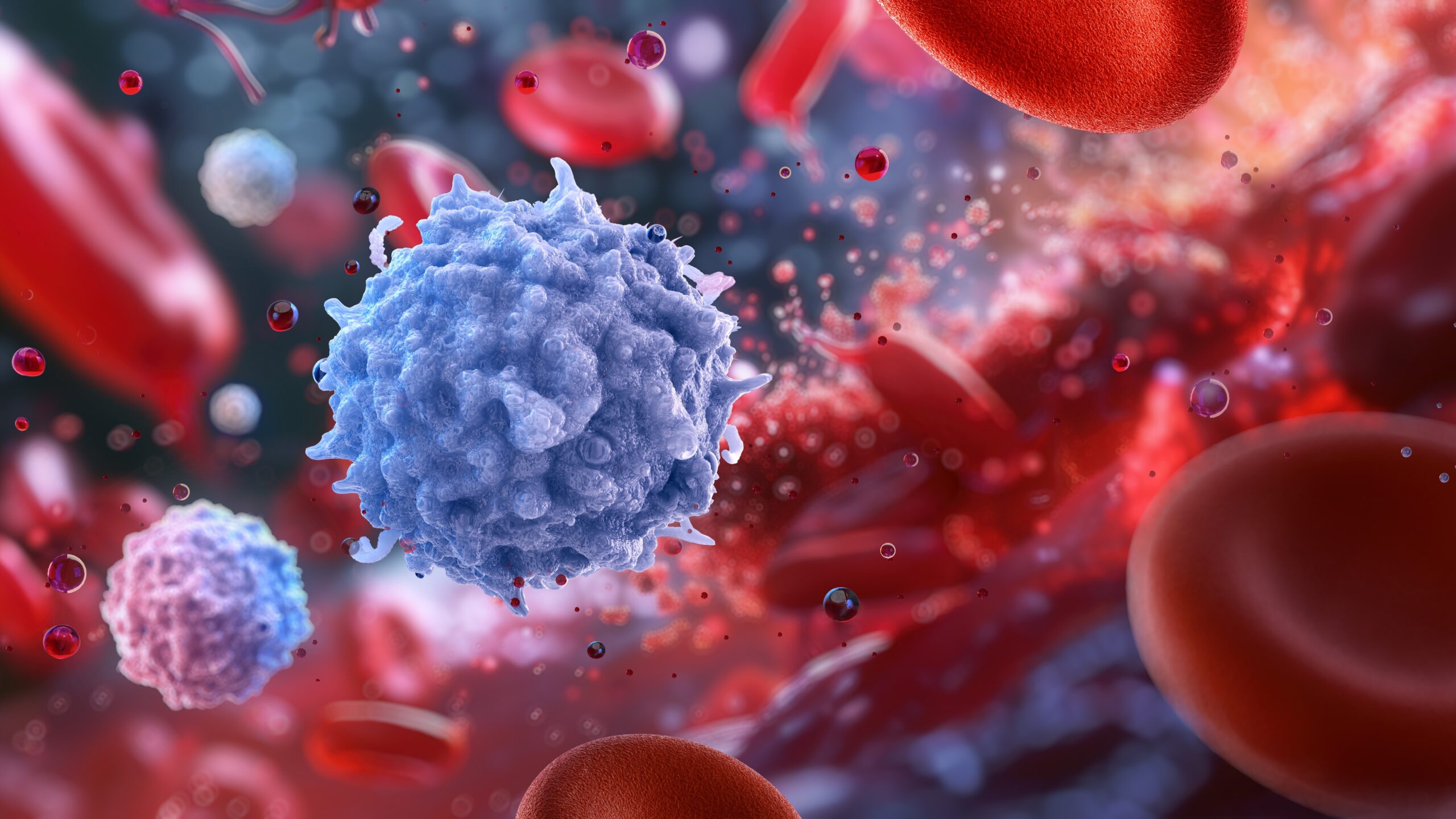
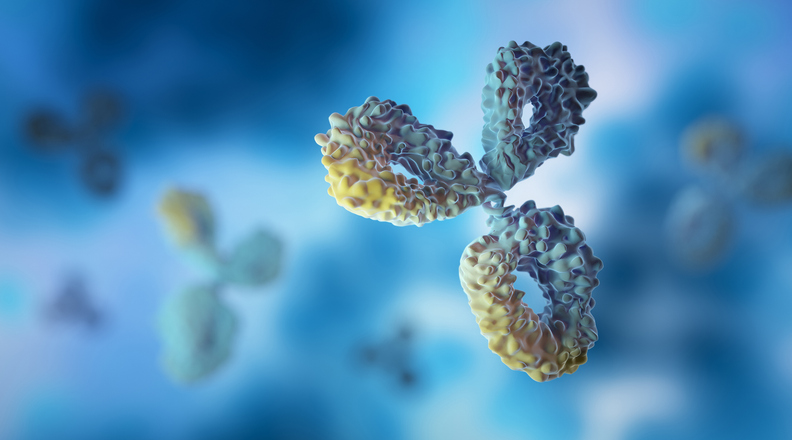
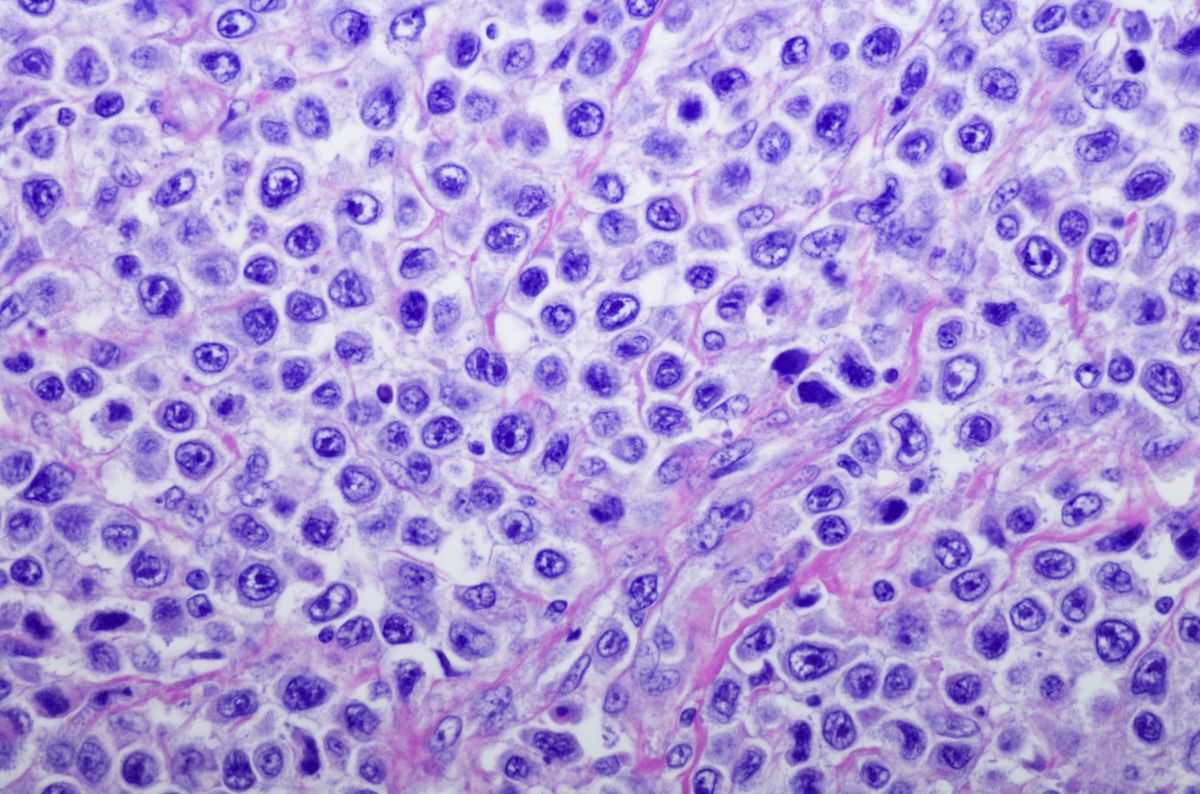
 © 2025 Mashup Media, LLC, a Formedics Property. All Rights Reserved.
© 2025 Mashup Media, LLC, a Formedics Property. All Rights Reserved.